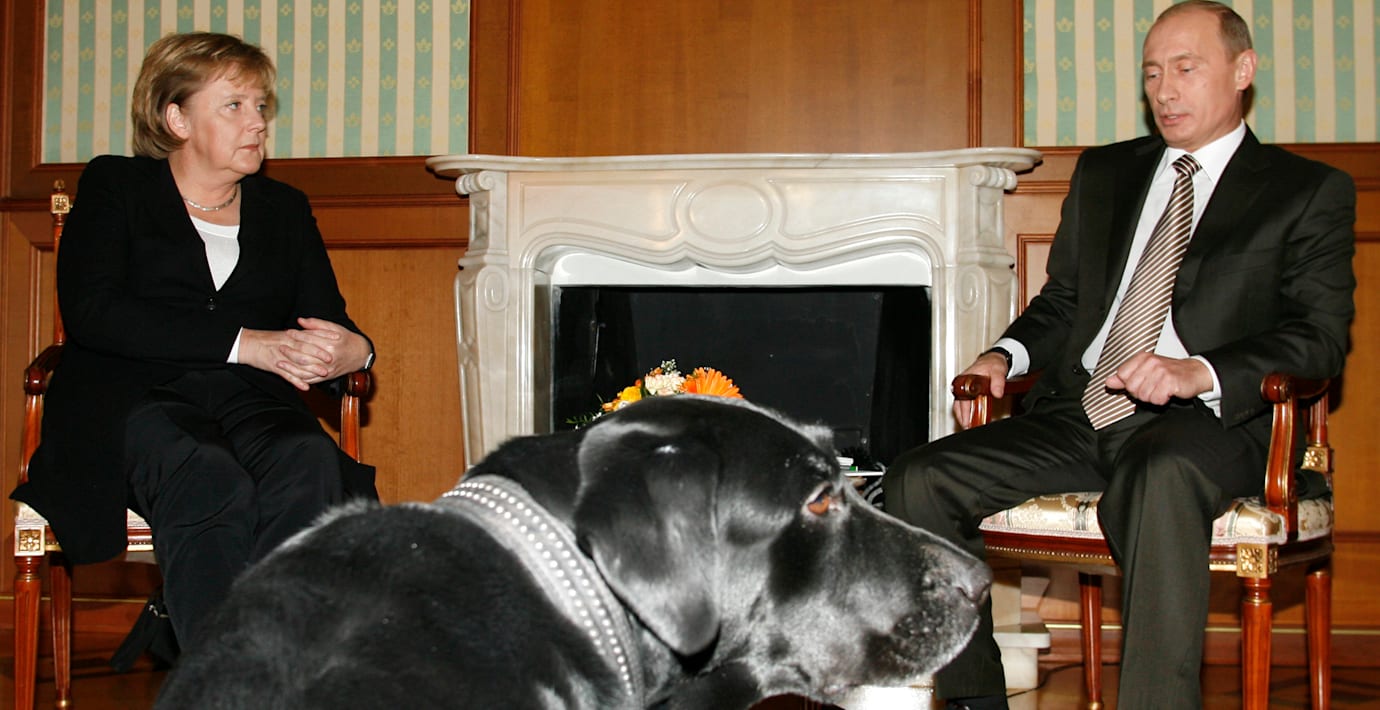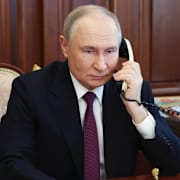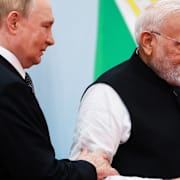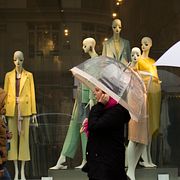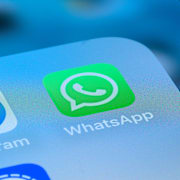bakgrund
Relationen mellan Tyskland och Ryssland
Wikipedia (en)
Germany–Russia relations display cyclical patterns, moving back and forth from cooperation and alliance to strain and to total warfare. Historian John Wheeler-Bennett says that since the 1740s:
Relations between Russia and Germany...have been a series of alienations, distinguished for their bitterness, and of rapprochements, remarkable for their warmth....A cardinal factor in the relationship has been the existence of an independent Poland...when separated by a buffer state the two great Powers of eastern Europe have been friendly, whereas a contiguity of frontiers has bred hostility.
Otto von Bismarck established the League of the Three Emperors in 1873 with Russia, Germany, and Austria-Hungary. But after Bismarck's dismissal in 1890, his successors chose to support Austria against Russia over competing influence in the Balkans. Germany fought against Russia in World War I (1914–1918). Relations were warm in the 1920s, very cold throughout the 1930s, cooperative and friendly in 1939–41, and hostile in 1941–45. In the 1920s both countries co-operated with each other in trade and (secretly) in military affairs. Hostilities escalated in the 1930s as the fascists sponsored by Berlin and the communists sponsored by Moscow fought each other across the world, most famously in the Spanish Civil War (1936–39). In a stunning turnabout in August 1939, both countries came to an agreement, and divided up the previously independent nations of Eastern Europe. That détente collapsed in 1941 when Germany invaded the USSR. The Soviets survived however and formed an alliance with Britain and the U.S., and pushed the Germans back, capturing Berlin in May 1945.
During the Cold War 1947–1991, Germany was divided, with East Germany under Communist control and under the close watch of Moscow, which stationed a large military force there and repressed an uprising in 1953.
Germany has been consistently among the countries with the most negative views of Russia. In 2014 only 19% of Germans viewed Russia positively while 79% had a negative opinion and 81% disapproved of the Russian Leadership, making Germany one of the 10 countries with the highest disapproval in the world. In 2021 73% disapproved, still one of the highest numbers in the world. After the 2022 Russian invasion of Ukraine German distrust of Russia reached a record of 90% and as of 2024 95% disapprove of Russia's President Vladimir Putin.
Relations turned highly negative in 2014 in response to Russia's seizure of Crimea from Ukraine and support for insurgents in Ukraine. Germany was a leader between NATO Quint in imposing round after round of increasingly harsh European Union sanctions against the Russian oil and banking industries and top allies of President Vladimir Putin. Russia responded by cutting food imports from the EU.
The 2022 Russian invasion of Ukraine led to a near complete reversal of German-Russian relations with the new German Chancellor, Olaf Scholz, "ordering" the immediate transfer of thousands of missiles to the Ukrainian military to aid in its fight against the invading Russian forces. Germany has also participated in severe economic banking sanctions against Russia since the start of the war. However, Germany is very dependent on Russia for natural gas and has been less willing to sanction this sector, aside from halting the Nord Stream 2 gas pipeline and the attack on September 26 temporarily shutting the pipes down. The pipeline made up a significant portion of Germany's petroleum imports from Russia. In response to sanctions imposed by Germany and the West, Russia gradually plunged flows of gas, which came to a complete halt in September 2022.
